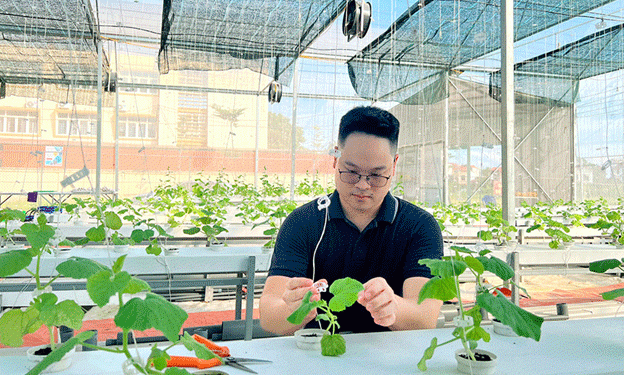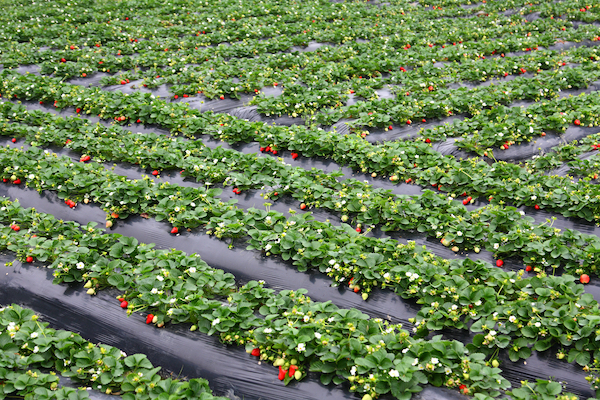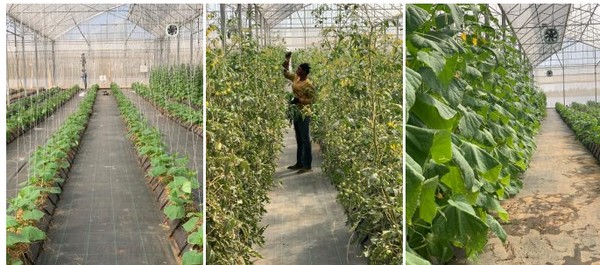As the global demand for safe, high-quality vegetables rises, innovative farming methods are increasingly coming to the fore. One such method, hydroponic greenhouse farming, is gaining traction for its efficiency and sustainability. Diệp Chi Farm in Vietnam is a prime example of how this high-tech approach can enhance productivity and profitability.
The Rise of Hydroponic Greenhouse Systems
Hydroponic farming involves growing plants without soil, using a nutrient-rich water solution instead. This method allows for precise control over nutrient delivery, leading to faster plant growth and higher yields. At Diệp Chi Farm in Tan Thinh, Tam Duong, this approach has been implemented to great effect.
Key Features of Diệp Chi Farm’s Hydroponic System
- Advanced Infrastructure: Diệp Chi Farm has invested approximately 500 million VND in a state-of-the-art greenhouse covering 400 square meters. The facility includes advanced systems such as automatic watering, nutrient delivery, and climate control. These systems help maintain optimal conditions for plant growth, resulting in superior quality produce.
- Efficient Resource Use: By employing hydroponics, the farm has reduced labor costs and minimized water use compared to traditional soil-based farming. Nutrient solutions are delivered via an automated system, which not only saves time but also ensures precise nutrient balance for optimal plant health.
- High-Quality Produce: The farm grows a variety of high-value crops such as Hami melons, Japanese Kichi cucumbers, Shika lettuce, and Kale. The controlled environment leads to larger, more consistent fruit sizes and improved shelf life, which enhances market appeal and reduces post-harvest losses.
The Economic and Environmental Benefits
- Increased Yield: Hydroponic systems can boost crop yields by 20-50% compared to traditional methods. Diệp Chi Farm reports harvesting earlier and producing up to 1.6 tons of melons in a two-month cycle, translating to significant revenue.
- Reduced Environmental Impact: This method uses fewer pesticides and fertilizers, contributing to a lower environmental footprint. The closed-loop water system minimizes waste and pollution, aligning with sustainable agricultural practices.
- Economic Viability: The farm’s success in producing high-quality vegetables has resulted in stable market prices and reliable sales. The efficient use of space and resources helps maintain profitability and supports ongoing investment in expanding operations.
Looking Ahead
Diệp Chi Farm’s experience highlights the transformative potential of hydroponic greenhouse systems in modern agriculture. With the increasing focus on food safety and sustainability, this method represents a viable solution to meet consumer demands while enhancing farm productivity.
As farmers and agricultural professionals consider the future of food production, hydroponic systems offer a compelling model for efficient and sustainable farming. Diệp Chi Farm’s commitment to innovation and quality exemplifies how technology can drive agricultural success and meet the growing needs of a global market.
Hydroponic greenhouse systems are setting new standards in vegetable farming, combining technological advancements with sustainable practices. Diệp Chi Farm’s successful implementation underscores the benefits of this approach, from higher yields and reduced environmental impact to improved economic outcomes.












